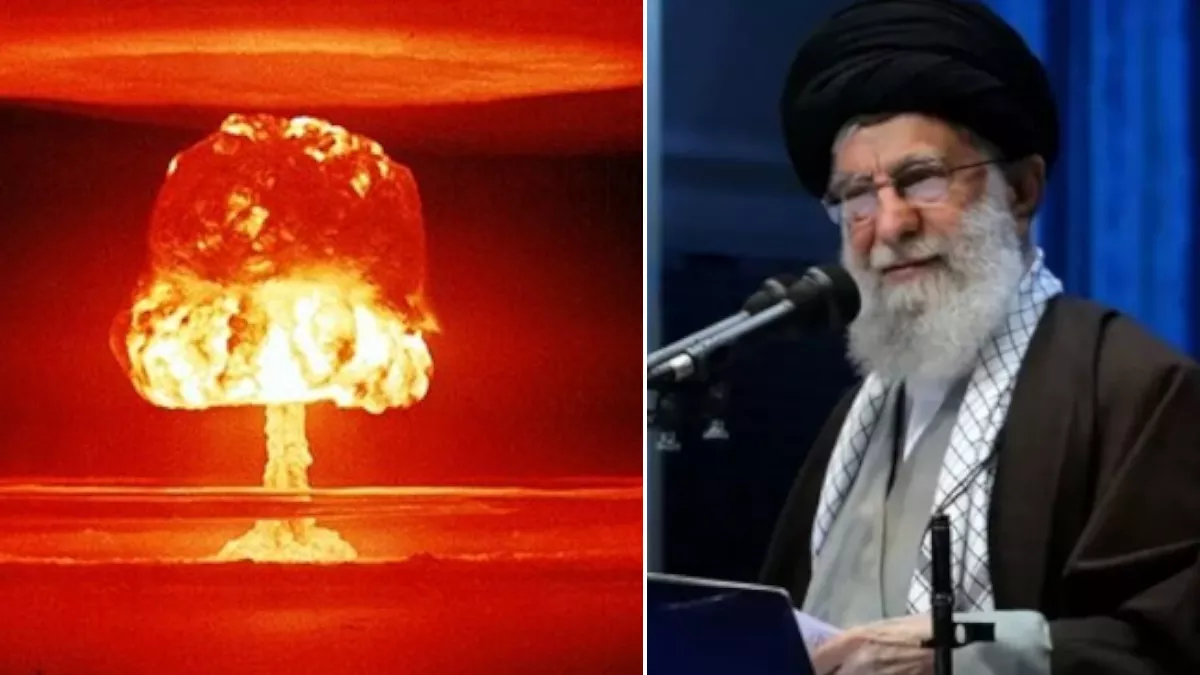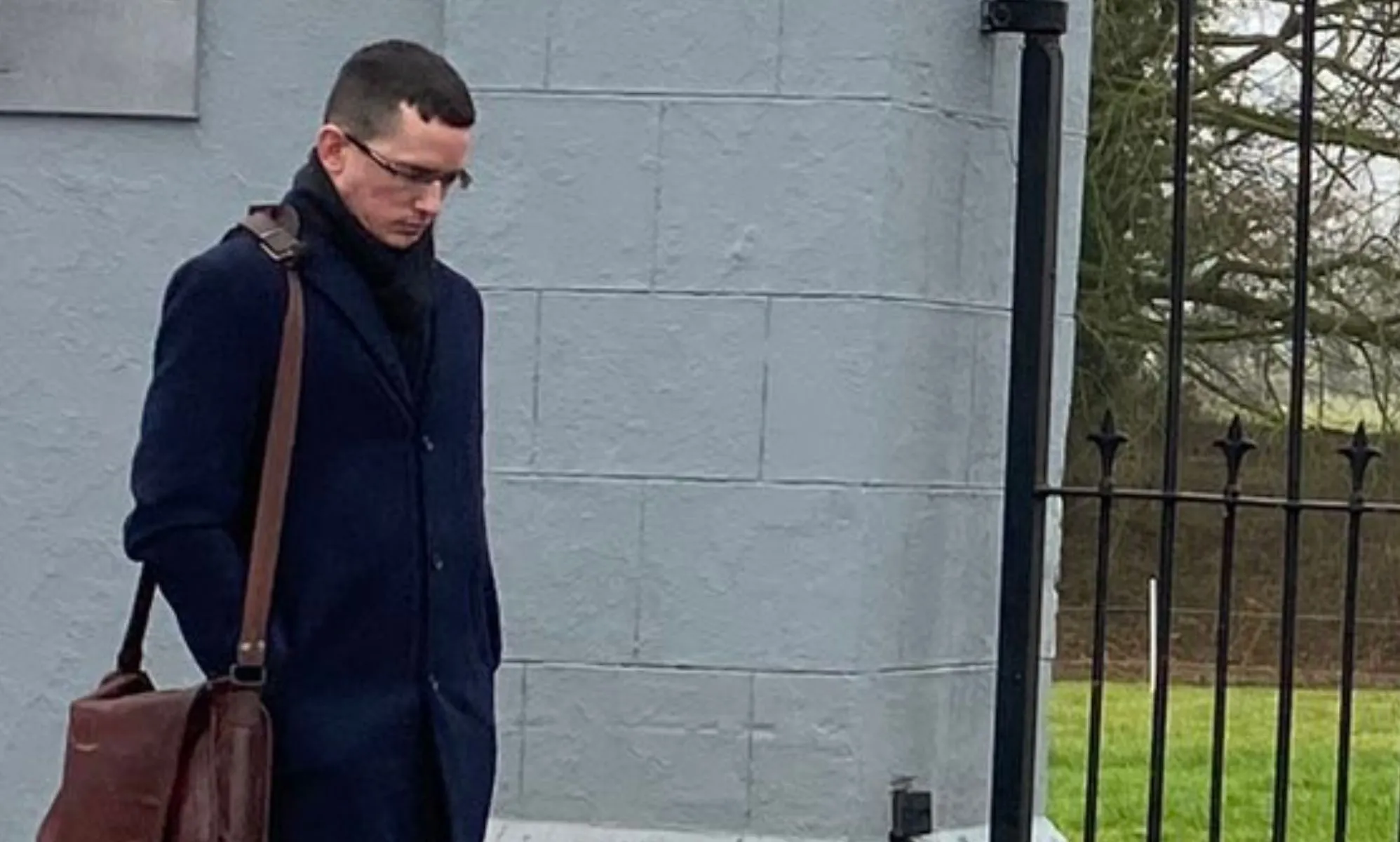On October 5, 2024, a size 4.6 earthquake occurred in Iran’s Semnan province. This event set off a flurry of conspiracy theories online. Claims suggested the tremor was caused by a secret nuclear test. Given the ongoing tensions between Iran and Israel, these rumours quickly gained traction. But let’s step back for a moment. Was this just another typical earthquake in a seismically active region? Or was Iran testing nuclear weapons in secret? Spoiler alert—no nukes, just nerves.
What Really Happened?
The earthquake occurred 44 kilometres southwest of Semnan. This is an area known for its proximity to some of Iran’s key nuclear facilities. It’s not surprising that the internet, always hungry for scandal, was quick to light up with speculation. “Iran has gone nuclear!” exclaimed one user on X (formerly Twitter). Another said that Israel was “shaking in its boots” because of Iran’s new secret power.
But let’s be real here. We’ve heard these types of theories before, and they often rely more on political fears than on science. Iran’s nuclear programme has been a flashpoint for years. Any seismic activity near its facilities is bound to raise some eyebrows. Yet the facts point to this being exactly what it looks like a natural earthquake.
Why the Nuclear Test Theories Don’t Add Up
Here’s a little science for you: Earthquakes and underground nuclear tests may both shake the ground. However, they produce different seismic signatures. In an actual nuclear explosion, there would be a strong p-wave. This is known as the first shock. There would be a much smaller or absent s-wave, which is the second one. An earthquake, on the other hand, has a clear s-wave. When comparing the data from Iran’s quake to known nuclear tests, the experts found no evidence of a nuclear explosion.
Take it from Dr. Jeffrey Lewis, an expert in this field, who said, “If this had been a nuclear explosion, the U.S. Geological Survey would have reported a 0.0 km depth, not 10 km. Case closed.”
The Armenian seismic station monitors activity in the region. It confirmed that what they recorded was an earthquake, not a nuke. If we’re going to trust anyone on this, it’s the seismologists—not anonymous Twitter accounts.
Why Was the Earthquake Misinterpreted?
Let’s not pretend the timing was great. Just days before, on October 1, Iran had launched missiles into Israel. Tensions in the region were at a boiling point. Israel had also been dealing with attacks from Hezbollah and Hamas, and retaliation had left thousands dead. The context was already charged with fear and suspicion. This made it easy for people to jump to conclusions when the earthquake hit.
When people are scared or angry, they tend to see things that aren’t there. And when it comes to Iran’s nuclear ambitions, a lot of people are on edge. But jumping to the conclusion that every rumble in the ground is a secret nuclear test is an overreaction. It is like assuming your neighbour is launching rockets every time they set off fireworks.
The Bigger Picture
Yes, Iran’s nuclear capabilities are a serious concern. Recently, the country has enriched uranium to levels that are alarmingly close to what a nuclear weapon requires. But that doesn’t mean every unusual event near a nuclear site is proof of weaponisation. The International Atomic Energy Agency (IAEA) has closely monitored Iran. So far, there’s no evidence to suggest they’ve crossed the line into conducting nuclear tests.
Moreover, if Iran had decided to test a nuke, it wouldn’t be so easy to hide. Even North Korea, which has conducted multiple nuclear tests, can’t keep its activities entirely secret. Seismic monitors worldwide would’ve picked up on it, and experts would have quickly identified it as a nuclear event. But instead, what we got was confirmation from several different seismic stations that this was a natural earthquake, nothing more.
Conclusion:
So, was the October 5 earthquake in Iran a nuclear test? Absolutely not. The science is clear, and there’s no evidence to support that theory. Fear and misinformation can transform a natural event into a geopolitical crisis. This is especially true in the online rumour mill. The next time someone says an earthquake is a secret nuclear test, think twice. Remember, not every shake signals the apocalypse.
If you found this article helpful, don’t forget to share it and help debunk the latest round of conspiracy theories!












Leave a Reply